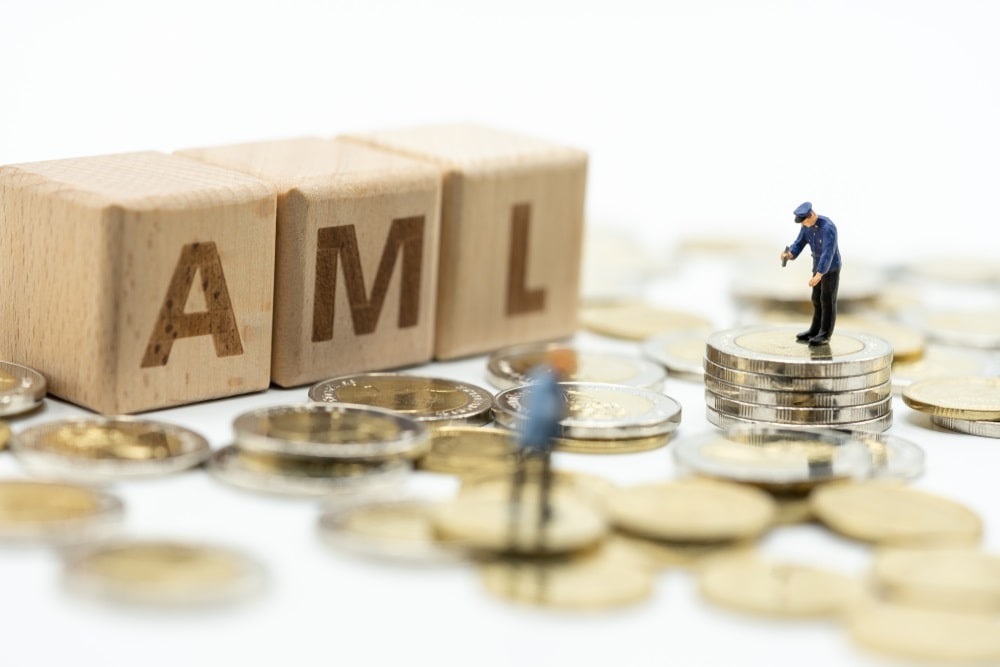Anti-Money Laundering

Anti-money laundering (AML) is a set of measures and procedures aimed at preventing the illegal use of the financial system for the purpose of hiding or moving illegally obtained funds. Money laundering is a global problem that is fueled by a range of criminal activities, including drug trafficking, corruption, fraud, and terrorism financing.
What’s the purpose of it?
The purpose of anti-money laundering measures is to identify, prevent, and report suspicious financial transactions and activities that may be related to money laundering or other illicit activities. AML regulations and procedures are designed to ensure that financial institutions and other regulated entities comply with legal requirements and act as gatekeepers to the financial system.
- What is the process?
The anti-money laundering process typically involves the following steps:
- Customer identification and due diligence: Financial institutions must verify the identity of their customers and assess their potential risk of involvement in money laundering or other illegal activities.
- Transaction monitoring: Financial institutions must monitor their customer’s transactions for any suspicious activity.
- Reporting suspicious activity: If a financial institution suspects that a transaction may be related to money laundering or other illegal activities, it must report the transaction to the relevant authorities.
- Risk management: Financial institutions must have a comprehensive risk management framework in place to identify, assess, and mitigate money laundering risks.
Main recommendations to resolve it:
To prevent and resolve money laundering, it is recommended to:
- Comply with all applicable anti-money laundering laws and regulations.
- Implement and regularly update effective customer due diligence procedures.
- Train staff on how to identify and report suspicious transactions.
- Use advanced technology, such as artificial intelligence and machine learning, to enhance transaction monitoring and risk management processes.
- Cooperate with law enforcement and other authorities in the investigation of money laundering cases.













